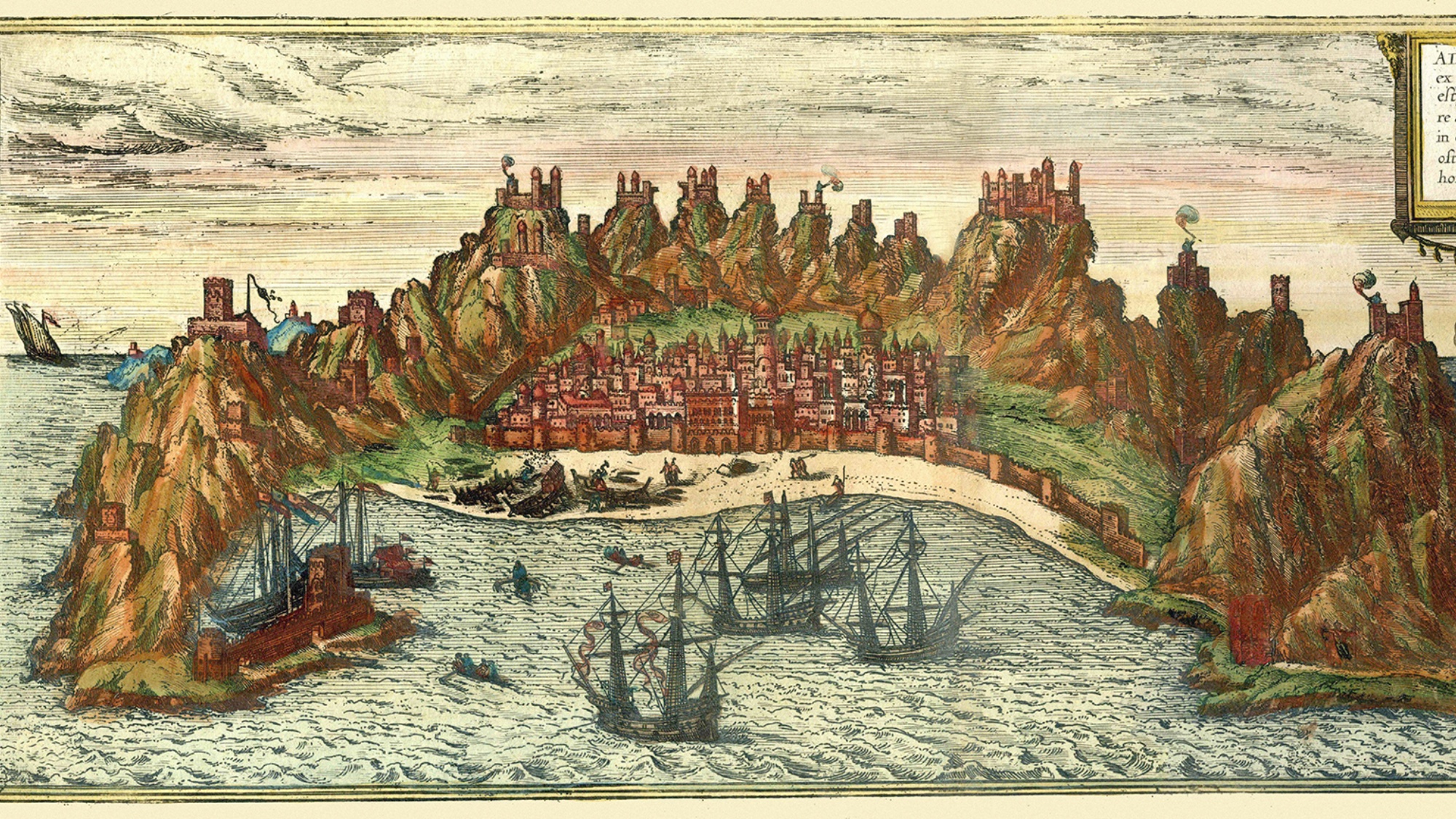Jon Gertner's 6 favorite books about science and tech
The esteemed author and editor recommends histories of the atom bomb, circuitry, and Silicon Valley

The Chip by T.R. Reid (Random House, $16). An incredibly lucid history of the integrated circuit — an essential component of the computer revolution—invented almost simultaneously by Robert Noyce and Jack Kilby in the late 1950s. Reid has a remarkable gift: He seems able to explain in a few paragraphs what takes lesser writers many pages.
The Making of the Atomic Bomb by Richard Rhodes (Simon & Schuster, $21). Rhodes describes America’s Manhattan Project in deep, deep detail. But this nonfiction masterwork moves briskly anyway — from the origins of the idea for nuclear reactions (on a London street corner) to the apocalyptic explosions in Hiroshima and Nagasaki.
The Metaphysical Club by Louis Menand (Farrar, Straus & Giroux, $16). A free-ranging history of late-19th- and early-20th-century American thought that incorporates fascinating portraits of Oliver Wendell Holmes and William James. Though not a technology book, it’s a compelling study of how ideas evolve and spread.
The Week
Escape your echo chamber. Get the facts behind the news, plus analysis from multiple perspectives.

Sign up for The Week's Free Newsletters
From our morning news briefing to a weekly Good News Newsletter, get the best of The Week delivered directly to your inbox.
From our morning news briefing to a weekly Good News Newsletter, get the best of The Week delivered directly to your inbox.
Collapse by Jared Diamond (Penguin, $18). Mayan culture, Easter Island, the Soviet Union. Diamond ranges far and wide across global history in this profoundly sobering book about what happens when societies enter periods of rapid decline — and how some have averted disaster by making wise choices.
The Innovator’s Dilemma by Clayton M. Christensen (HarperCollins, $18). Even if you haven’t read this 1997 book, you’ve likely absorbed its lessons, now woven deeply into contemporary thinking about how companies succeed or fail. Its description of how the computer hard-drive industry evolved has become the gold standard of technology case studies. Yet even more intriguing is the story of how the hydraulic steam shovel conquered the construction industry.
The New New Thing by Michael Lewis (Penguin, $16). If the only Michael Lewis book you’ve read is Moneyball, you’ve missed out. This book, focused on the exploits of Silicon Valley entrepreneur Jim Clark, is better — funnier, more elegant, and more insightful.
Jon Gertner, an editor at Fast Company, is the author of The Idea Factory: Bell Labs and the Great Age of American Innovation.
A free daily email with the biggest news stories of the day – and the best features from TheWeek.com
-
 Antibiotic resistance: the hidden danger on Ukraine’s frontlines
Antibiotic resistance: the hidden danger on Ukraine’s frontlinesUnder The Radar Threat is spreading beyond war zones to the ‘doorstep’ of western Europe
-
 ‘Capitalism: A Global History’ by Sven Beckert and ‘American Canto’ by Olivia Nuzzi
‘Capitalism: A Global History’ by Sven Beckert and ‘American Canto’ by Olivia NuzziFeature A consummate history of capitalism and a memoir from the journalist who fell in love with RFK Jr.
-
 Who will the new limits on student loans affect?
Who will the new limits on student loans affect?The Explainer The Trump administration is imposing new limits for federal student loans starting on July 1, 2026